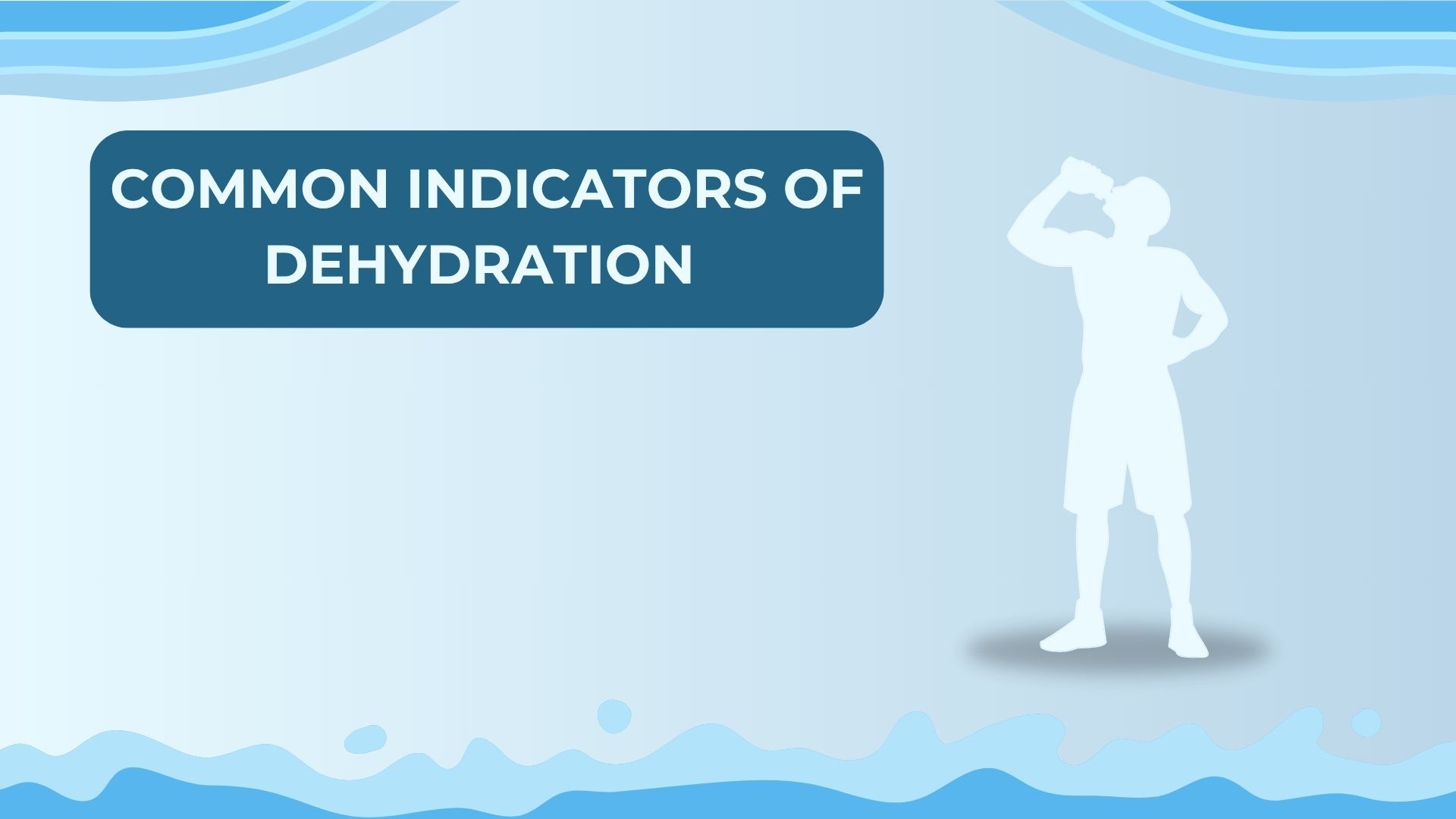Hydration Hacks For Drinking Water the Right Way

Staying adequately hydrated is important for overall health, yet a significant portion of the population, particularly in the United States, doesn’t drink enough water. Around 24% of adult individuals are constantly dehydrated, a concerning statistic. This issue is even more prevalent among older adults, as their natural sense of thirst tends to diminish with age, making it harder for them to recognize when they need to drink.
The good news is that improving your hydration habits is entirely achievable. Like any other beneficial health practice, once you integrate it into your daily routine and experience the positive effects it has on your well-being, prioritizing hydration will become second nature. You’ll likely even wonder how you ever managed without it.
Role of Hydration for Your Body
Water makes up about 65% of the human body, highlighting its fundamental importance. Maintaining proper hydration is essential for your body to function optimally. Adequate fluid intake can boost your energy levels and contribute to more restful sleep.
Consuming enough water daily can also enhance various bodily processes, such as
- Brain Function– Staying hydrated can sharpen cognitive abilities and help reduce feelings of anxiety.
- Circulation– Proper hydration supports a healthy cardiovascular system, preventing your heart from overworking and promoting overall heart health.
- Detoxification– Water is vital for flushing out waste products from your body through urine and sweat.
- Digestion– Sufficient water intake supports in smoother and more regular bowel movements.
- Metabolism– Being well-hydrated plays a role in maintaining a healthy weight.
- Temperature Regulation– Hydration helps your body regulate its temperature efficiently, preventing the body’s natural tendency to retain heat when dehydrated.
Dehydration and Its Signs
Dehydration occurs when your body expends more fluids than it takes in. While often linked to insufficient water intake, it can also result from significant fluid loss due to factors like excessive sweating (from climate or exercise) or illness-induced rapid fluid loss (such as from diarrhea or vomiting).

- Mental State Changes– You might experience confusion or a decrease in your ability to think clearly.
- Urinary Changes– Noticeably dark urine or a reduced frequency of urination can be a sign.
- Oral Dryness– A dry mouth and chapped lips are typical symptoms.
- Headaches and Dizziness– These can often accompany a dehydrated state.
- Kidney Health– Chronic dehydration can result in the formation of kidney stones.
- Energy Levels– You may feel unusually tired and have low energy.
- Muscle Issues– Muscle cramps can also be a symptom.
Staying properly hydrated is important for your health, and while plain water is the most direct route, it’s not the only way. Experts suggest that individuals assigned female at birth aim for around nine cups of fluid daily, while those assigned male at birth should target thirteen cups.
If meeting these recommendations with just water feels challenging, consider these effective strategies to boost your fluid intake.

- Prioritize Hydrating Foods
Many fruits and vegetables are water-packed, making them excellent choices for upping your fluid intake. Look for produce that’s 90% to 100% water. Some great options include cabbage, cucumbers, lettuce, strawberries, and watermelon.
Beyond fresh produce, warm broths, soups, and stews can also contribute to hydration, especially in cooler weather. Just be mindful of the sodium content, as too much salt can counteract your hydration efforts.
- Ensure Water is Always Within Reach
The easier it is to access water, the more likely you are to drink it. Make hydration effortless by carrying a reusable water bottle and refilling it throughout your day, keeping a pitcher of water in your refrigerator or on your counter, or placing water bottles in frequented spots, such as your car or on your desk, so a drink is always at hand.
Seeing water can serve as a simple visual cue to remind you to sip.
- Improve Your Water Experience
Drinking plain water day in and day out can get monotonous. Instead of reaching for sugary drinks like juice or soda, try these methods to make your water more appealing: Add natural flavors without extra sugar by incorporating fruits and herbs. Popular choices include berries, citrus slices (lemon, lime, orange), cucumber, basil, or rosemary. Experiment to find your favorite combinations. Unsweetened sparkling water offers a refreshing textural change. You can buy it or use a carbonation device at home. Remember that club soda contains added sodium, unlike sparkling water.
- Limit Alcohol Consumption
Alcohol acts as a diuretic, meaning it encourages your body to expel fluids, often leading to more frequent urination. This can quickly result in dehydration if you’re not also drinking enough water. The best approach for hydration is to avoid alcohol totally. However, if you still choose to drink, consume at least one glass of water for every alcoholic beverage.
- Implement Hydration Reminders
Until drinking water becomes a natural habit, you might need a little help. Setting alarms throughout the day can push you to drink. You can also integrate hydration into your existing routines. For example, drink a full glass of water upon waking up, before each meal and snack, before and after exercise, before going to bed.
You’ll gradually build a consistent habit of drinking water throughout your day by linking hydration to activities you already do.
